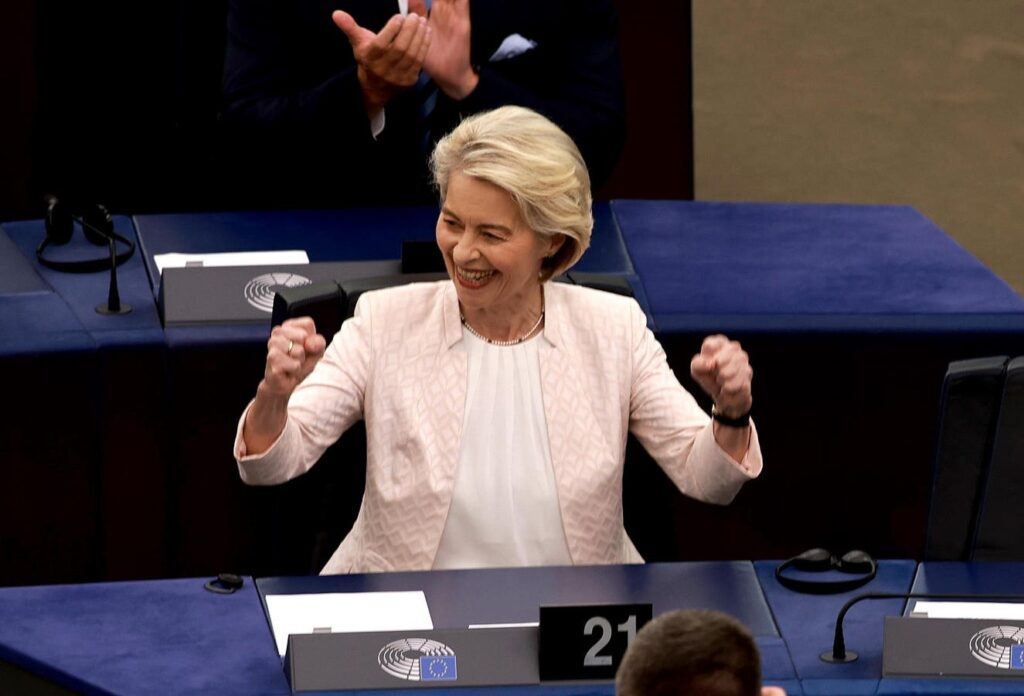With nearly three weeks to go until the US election, global geopolitical tensions are high – Russia continues to pressure Ukraine, Taiwan is surrounded by a Chinese military exercise and the situation in the Middle East is grave. Commentators speak of deglobalization, de-dollarization and threats to democracy. What else could possibly go wrong?
In an intense year of elections, the most consequential is America’s, which besides many other factors, will have decisive implications for trade. Our sense of global trade is that it is changing – either deglobalizing or re-globalizing – with countries like Vietnam and Mexico seeing an intensification in trade with the US as its relations with China deteriorate.
With polls showing a very close contest, the election result will hinge on the way votes fall to the electoral college.
From an investment point of view, the difference in trade and economic policy between the candidates is stark. Whilst we do not yet have a very clear sense of Kamala Harris’ trade philosophy, a Harris presidency comes with deeper reserves of policy experts, and to a large sense on the international trade and economic outlook, the Harris case represents ‘more of the same’ in terms of the techno-strategic economic policy that is currently pursued by the White House.
In this context, a Harris White House would use trade and investment policy to laser focus on America’s race with China for global supremacy. Driving Chinese economic and investment activity further inwards might be one goal, and ironically anything Washington can do to make Chinese public life more closed and repressive, the better for the USA (because it curbs innovation and wealth creation).
A second Trump presidency would be more dramatic. He will focus on trade – because it is a relatively easy policy lever, and fits his philosophy of governing. While many commentators suspect that his focus on trade is simply the crude end of a negotiating technique, the worry is that a number of his advisors are severe trade hawks. One idea that is doing the rounds in Washington is that basic goods (produced in China) would fall under a smaller tariff, whilst anything ‘strategic’ could face a tariff of up to 100%.
There is no guarantee that such a policy might be enacted in a Trump government, but it gives a sense of the level of disruption the world economy might face. In this context a Trump II presidency would be volatile in terms of macro volatility. Some US investment banks expect that inflation could be higher under the Trump set of policies, and that debt levels would be higher.
One consideration that does not get enough media attention are the counter-measures that China and the EU might deploy if there were to be a trade war. The EU is known to have been preparing a response to potential Trump II tariffs, and there is much that China can do to slow and disrupt US supply chains.
As such, the trade outlook is highly uncertain, the only saving grace is that falling rates and steady economic performance will help to soften any macro blow.
Read the full article here

